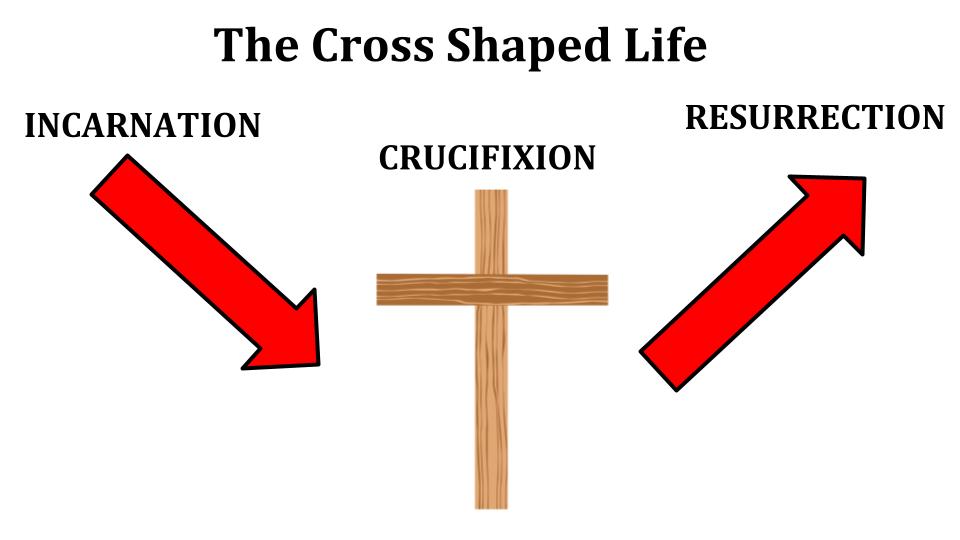
“Surely he has borne our griefs and carried our sorrows; yet we esteemed him stricken, smitten by God, and afflicted. But he was pierced for our transgressions; he was crushed for our iniquities; upon him was the chastisement that brought us peace, and with his wounds we are healed. All we like sheep have gone astray; we have turned—every one—to his own way; and the Lord has laid on him the iniquity of us all.”
Isaiah 53:4-6
Pause for a moment and consider that these words were written 700 years before Jesus was born. 700 B.C.
Skeptics and liberals used to argue that this chapter was inserted 100-300 years after the resurrection since the Masoretes didn’t finalize the Old Testament until 950 A.D. But the discovery of the Dead Sea Scrolls in 1947 included the great Isaiah scroll which had every single word of Isaiah 53. And those scrolls in Qumran must be dated 100-200 B.C. so they could not have been doctored by a Christian movement that was still waiting for its founder.
Beyond the simple trustworthiness of the Bible, look at the wonderful gospel clarity in this chapter. Look at what was placed upon Jesus: our griefs, our sorrows, our punishment, our smiting from God, our judgment and wrath, our affliction, our transgressions, our iniquities, our chastisement, our wounds, our straying, our turning away, our iniquity. And look at what Jesus gives us in return: peace, healing, forgiveness, justification, freedom, life… Himself.
“Yet it was the will of the Lord to crush him; he has put him to grief; when his soul makes an offering for guilt, he shall see his offspring; he shall prolong his days; the will of the Lord shall prosper in his hand. Out of the anguish of his soul he shall see and be satisfied; by his knowledge shall the righteous one, my servant, make many to be accounted righteous, and he shall bear their iniquities. Therefore I will divide him a portion with the many, and he shall divide the spoil with the strong, because he poured out his soul to death and was numbered with the transgressors; yet he bore the sin of many, and makes intercession for the transgressors.”
Isaiah 53:10-12
Jesus presented Himself as an offering for our guilt and through that single sacrifice he paid the price of our adoption as sons and daughters of God (v. 10). The only truly “righteous one,” through His perfectly righteous, knowledgeable and obedient life, made us to be “accounted righteous” (v. 11). Through death He conquered death, disarmed the devil and divided the spoils of victory with us (v. 12). And as the ascended One who reigns at the Father’s right hand He continues to intercede for us and empower us through His Holy Spirit.
Forgiveness. Propitiation. Justification. Adoption. Resurrection. Vindication. Regeneration. Mediation. Intercession.
700 years before Jesus.
Read Isaiah 53 again and worship as you read.
Then notice the life pathway this chapter unveils for us as it previews the life of Jesus.

1. Jesus came in the Incarnation. He humbled Himself, taking on a fully human body and embracing the identity of a servant (in fact, The Servant of the Lord). The trajectory of His life was downward – toward increasing suffering and sacrifice.
“For he grew up before him like a young plant, and like a root out of dry ground; he had no form or majesty that we should look at him, and no beauty that we should desire him.” Isaiah 53:2
2. Jesus died through crucifixion. The destination of His life was death.
“He was oppressed, and he was afflicted, yet he opened not his mouth; like a lamb that is led to the slaughter, and like a sheep that before its shearers is silent, so he opened not his mouth. By oppression and judgment he was taken away; and as for his generation, who considered that he was cut off out of the land of the living, stricken for the transgression of my people?” Isaiah 53:7-8
3. Jesus rose in victory. Because He humbled Himself, He was exalted through the resurrection and ascension.
“Out of the anguish of his soul he shall see and be satisfied.” Isaiah 53:11
And this is the model for every follower of Jesus: to embrace the life of downward mobility. Jesus called us to “take up your cross daily” not to “sit on the couch daily.” This is the Gospel Way – the Jesus Way.
